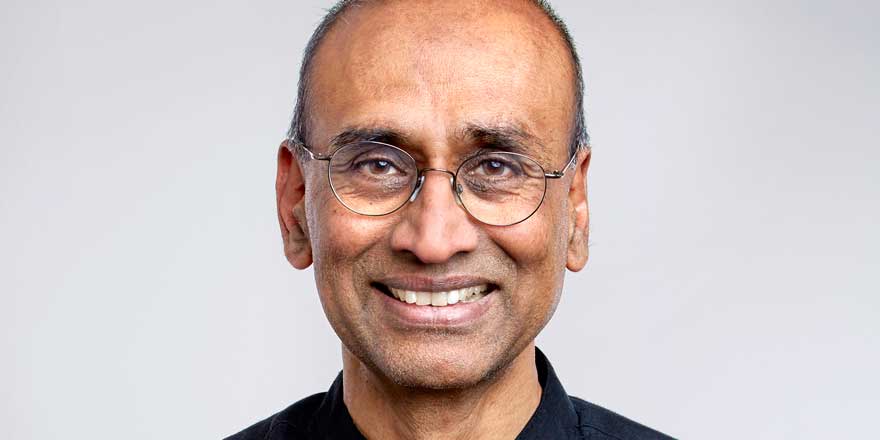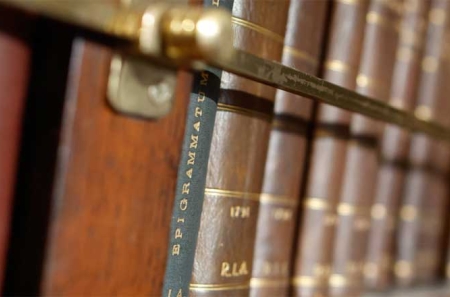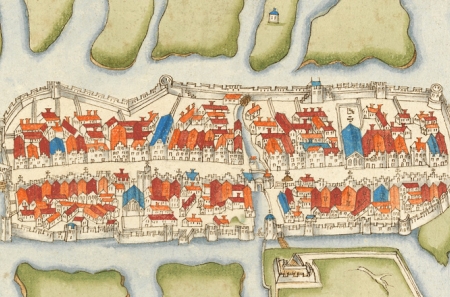‘Antibiotics and the cell’s protein factory’
When
Monday, June 18, 2018, 18:00Where
Tickets
Nobel Laureate, Sir Venkatraman 'Venki' Ramakrishnan presents an Academy Discourse - the sixth in the series sponsored by Mason, Hayes & Curran.
About the discourse
Professor Ramakrishnan's Discourse will address the growing global health problem caused by the emergence of antibiotic resistant strains of bacteria. A large number of antibiotics work by preventing bacteria from making proteins, which are essential to carry out the various functions of all life. Proteins are made using instructions encoded in our genes by a large molecular machine called the ribosome. The ribosome is enormous in molecular terms, because it consists of almost half a million atoms. Solving its precise atomic structure was crucial to understand how it worked. In this talk, Nobel Laureate, Professor Venki Ramakrishnan will discuss how its structure was solved and how the structure allows us to see how antibiotics bind to it and how new ones could be designed. The ribosome is also ancient and the structure provides strong evidence that it emerged from a primordial RNA world and by making proteins, helped to transform life into the form we know today.
Watch the discourse
About the speaker
Venki Ramakrishnan is a Group Leader of the Medical Research Council Laboratory of Molecular Biology (LMB) in Cambridge and President of the Royal Society. He grew up in India where he received his bachelor’s degree in physics before moving to the USA in 1971. On obtaining his Ph.D. in physics in 1976, he switched to molecular biology and after a long career in the USA he moved to Cambridge in 1999 to work at the LMB. He is best known for his work on ribosomes, the large molecular complexes in all cells that read genetic information to make proteins.
Ramakrishnan is a Fellow of the Royal Society, a member of the European Molecular Biology Organization (EMBO), the U.S. National Academy of Sciences, Leopoldina (the German Academy of Sciences) and a Foreign Member of the Indian National Science Academy. He received the Louis-Jeantet Prize for medicine in 2007 and shared the Nobel Prize for chemistry in 2009.





